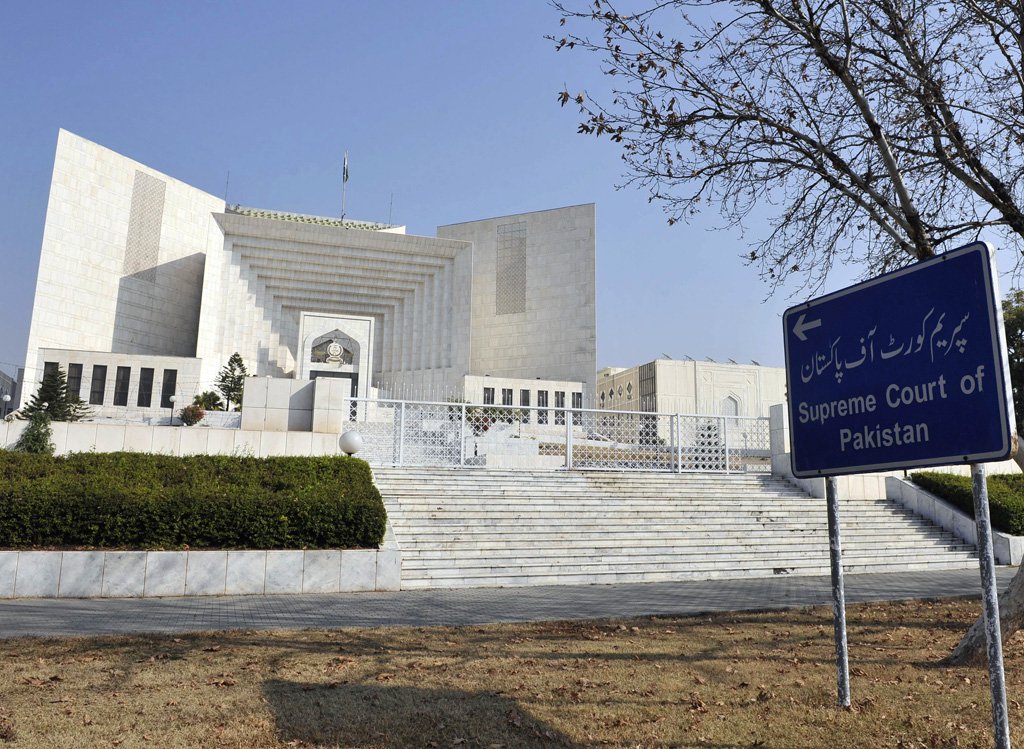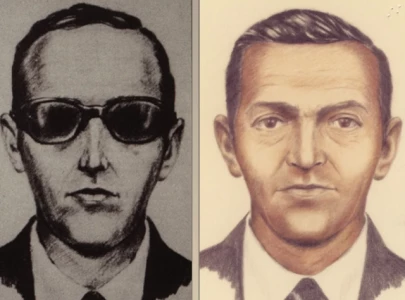
The full court, headed by Chief Justice Asif Saeed Khosa and comprising all the judges of the apex court called for application of latest video link connectivity to allow lawyers’ arguments from the branch registries in order to minimise backlog of cases.
The full court also resolved that special benches should be constituted to deal with different categories of cases, adjournments should be discouraged, appeals should be fixed in chronological order and reviews must be fixed in the next week subject to availability of author judges.
The judges attending the full court were Chief Justice Khosa, Justice Gulzar Ahmed, Justice Shaikh Azmat Saeed, Justice Mushir Alam, Justice Umar Ata Bandial, Justice Qazi Faez Isa, Justice Maqbool Baqar, Justice Manzoor Ahmad Malik, Justice Sardar Tariq Masood, Justice Faisal Arab, Justice Ijazul Ahsan,. Justice Mazhar Alam Khan Miankhel, Justice Sajjad Ali Shah, Justice Syed Mansoor Ali Shah, Justice Munib Akhtar and Justice Yahya Afridi. SC registrar Arbab Muhammad Arif was also present.
The meeting continued for more than five hours. It is learnt that during the last two hours, no Supreme Court official was present and it is not clear whether the judges discussed about the laying down scope or parameters of exercise of original jurisdiction of the apex court under Article 184 (3) of the Constitution, which was referred to by the chief justice in his speech on January 17.
SC takes up issue of false testimonies
At the outset of the meeting, the judges congratulated Chief Justice of Pakistan Justice Asif Saeed Khan on elevation to the highest judicial office in the country. The chief justice thanked the judges and said he expected healthy working relationship with the judges for administration of justice.
Chief Justice Khosa apprised the participants that the purpose of the meeting was to review the performance of the Supreme Court in terms of dispensation of justice, disposal of cases and to deliberate on the issues and matters pertaining to smooth functioning of the court.
Deliberating on the issue of institution and disposal of cases in the Supreme Court, the full court noted that during the period from September 1, 2018 to December 31, 2018, the court decided 6,342 cases against the institution of 6,407 cases, leaving the total pendency at 40,535 cases.
Expressing satisfaction over the institution and disposal rate, the full court discussed different strategies to improve case management for an effective and smooth functioning of the court. They judges underlined the need for categorising the cases to reduce the backlog.
The judges vowed to make untiring efforts to improve dispensation of justice. The chief justice thanked the judges and appreciated their commitment, devotion to the cause of dispensation of justice to the people, redressing their grievances and providing relief to them.
The meeting also discussed different administrative and judicial issues relating to the internal working of the court.The meeting also discussed different administrative and judicial issues relating to the internal working of the court.


1732538123-0/BeFunky-collage-(90)1732538123-0-165x106.webp)

1732536148-0/ariana-(1)1732536148-0-165x106.webp)

1732530440-5/Copy-of-Untitled-(85)1732530440-5-270x192.webp)

1732534225-0/Express-Tribune-(13)1732534225-0-270x192.webp)








COMMENTS
Comments are moderated and generally will be posted if they are on-topic and not abusive.
For more information, please see our Comments FAQ